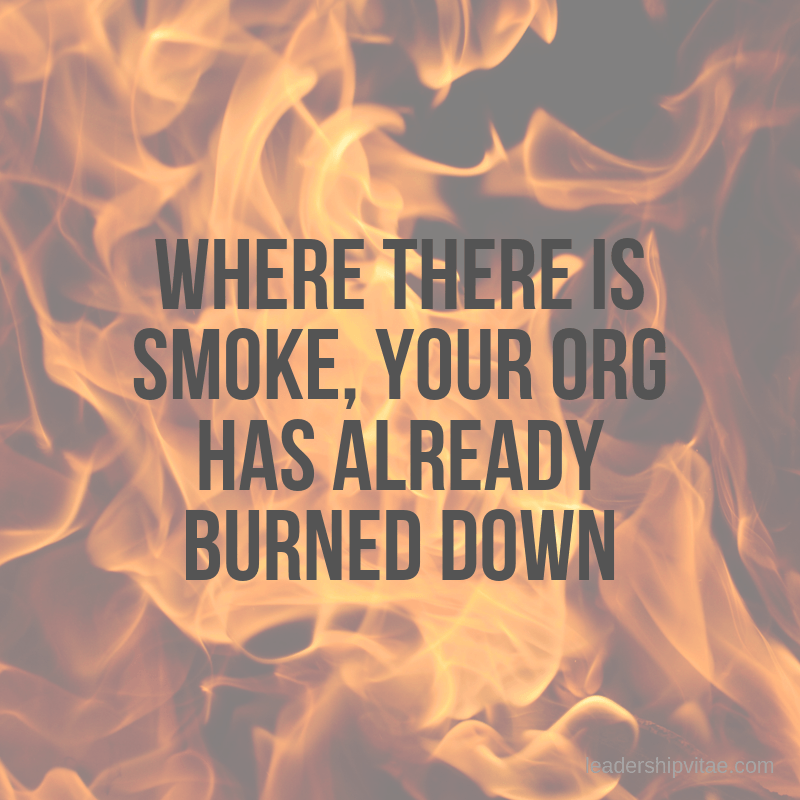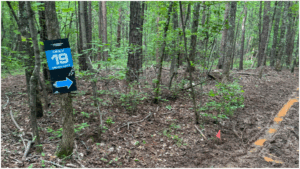
Those closest to the problem are closest to the solution, but furthest from resources and power.
Glenn E. Martin
Founder, JustLeadershipUSA
Proximity Rules
The closer you are to the work, the more you know what is actually going on. Unfortunately, you are often not close to the support you need to solve the challenges you may encounter.
With every level of leadership we achieve, the less we know about what is going on. However, we are in a better position to provide the support needed to address our teams’ challenges.
Optimal outcomes match leader-enabled solutions with team identified challenges.
Tell me how you really feel
If you are the one doing the work, you know what you’re doing, how you feel about it, and what your are experiencing with your peers, your leaders, etc.
For each level of leadership that is introduced between that person and decision-makers, information can be withheld, obscured, or skewed.
Sometimes, an individual will tell their leader what they think, how they feel, and challenges or opportunities they would like addressed. Other times, they share that information with peers, family and friends.
At the next level of leadership, this may manifest in rumblings. It might be vague comments. Best case, there are employee opinion survey results or other anonymous feedback to share concerns without fear of retribution.
Often, leaders look for specific examples with details and data about issues before taking action. The further away you are from those details, the less likely you will have them. Or ever get them.
Let me introduce you to the Captain of the Titanic
At the top levels of an organization, feedback is like an iceberg. The good and bad things you’re hearing are a small fraction of the reality…representing what’s above the surface. There is so much underneath that you’ll never hear or know.
That reality makes it even more important that you act when you hear concerning feedback.
When a direct leader smells smoke, he or she may be able to intervene before the situation catches fire. By the time a senior leader smells smoke, the organization is likely already completely aflame.
Metrics are not enough
As someone who has been working with data her entire career, I believe in its benefits. And am very familiar with its limitations.
Senior leaders responsible for hundreds or thousands need KPI’s, dashboards, etc to find the smoke. Metrics such as retention, monitored over time, can indicate how things are going at a macro level with personnel.
The challenge with retention is that it is a lagging indicator. By the time the first employee leaves a toxic situation, you could have a dozen more that are looking or somewhere in another company’s hiring pipeline.
Leading indicators would ostensibly be the alternative. But what to measure? Anonymous feedback, such as through eNPS (employee net promoter score) or employee opinion surveys are one way. Another is the rumor mill.
Psst…Don’t tell anyone, but I heard…
I don’t literally mean the rumor mill, but interpersonal networks are a very real way employees communicate with one another. Implementing listening posts in the organization can help identify themes that can be shared with leadership.
For every one person that shares a concern, there are potentially ten more that don’t. If senior leaders wait until hard data reflects that concern, it’s too late. The issue is already rampant and will require significantly more investment or definitive action to address.
Instead, listen early and often. Make it a point to connect directly with employees closer to the line level. When you hear feedback, consider how difficult it might be for those individuals to share. How unlikely they may believe it is that action will be taken.
Bridge the gap
Your teams need the support only you can provide. The hard decisions only you can make. Bridge the gap between what they are experiencing and the solutions you can offer.
When you smell that smoke, dig deeper. Err on the side of belief instead of disbelief. You are likely to find that there’s already a good-sized fire burning that requires your attention.
Have you ever dismissed an early warning and then found there was a much bigger issue than you suspected? I would love if you would share your story in the comments.
If you found this article valuable, please consider sharing it with your network.








